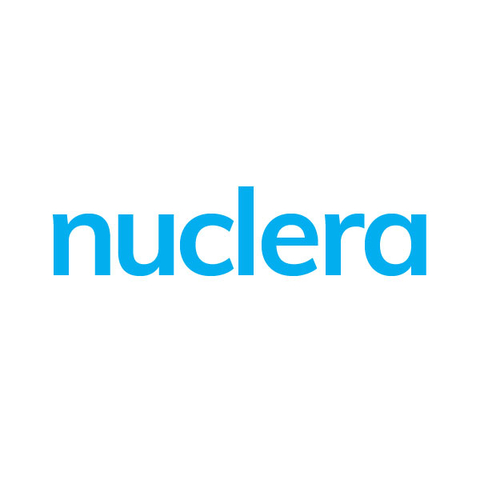MARLBOROUGH, Mass. — Biotech firm Nuclera and life sciences company Cytiva have announced a strategic collaboration aimed at significantly reducing the time required to produce and analyze proteins critical to drug development.
The partnership integrates Nuclera’s benchtop eProtein Discovery™ System—designed to accelerate protein expression, purification, and optimization—with Cytiva’s Biacore™ surface plasmon resonance (SPR) technology, which provides detailed characterization of molecular interactions. By combining these technologies, researchers can now progress from DNA to fully characterized proteins in as little as five days, a process that typically takes several weeks or even months.
The effectiveness of this collaboration was demonstrated at the Discovery on Target and PEGS Europe conferences, where the teams showcased rapid production and characterization of Bruton’s Tyrosine Kinase (BTK)—a protein linked to B-cell malignancies—and Vascular Endothelial Growth Factor (VEGF), another key target in oncology and vascular research.
“This collaboration supports Nuclera’s mission to improve human health by enabling faster access to critical protein targets,” said Dr. Yvonne Tan, Associate Director of Product Management at Nuclera. “By combining our eProtein Discovery System with Cytiva’s Biacore technology, we’ve streamlined the workflow from protein production to functional analysis, accelerating the pace of drug discovery.”
SPR technology like Cytiva’s Biacore system is widely used in drug development to understand how proteins interact with potential therapeutic compounds. With rapid protein generation enabled by Nuclera, the overall efficiency of the early-stage drug development process improves significantly.
Anna Moberg, Senior Manager and Project Manager at Cytiva, emphasized the benefits of the joint approach. “Nuclera’s technology greatly enhances the upstream production process, making our Biacore SPR platform even more powerful for researchers aiming to quickly and accurately characterize drug-target interactions.”
As proteins account for the vast majority of drug targets in biomedical research, this collaboration is expected to help scientists more rapidly generate the data needed to design effective therapies. Both companies anticipate continuing their partnership to further improve workflows in protein-based drug development.


